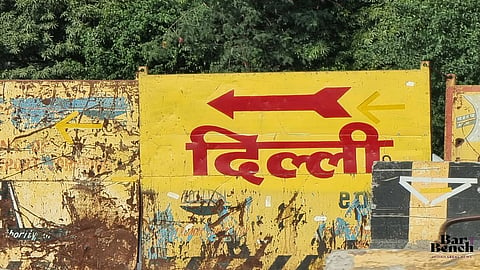
- News
- Columns
- Interviews
- Law Firms
- Apprentice Lawyer
- Legal Jobs
- हिंदी
- ಕನ್ನಡ

The Delhi High Court recently ordered the Delhi Chief Secretary and the Health Secretary to implement immediate measures suggested by a committee of experts for improving the health infrastructure in the national capital within 30 days.